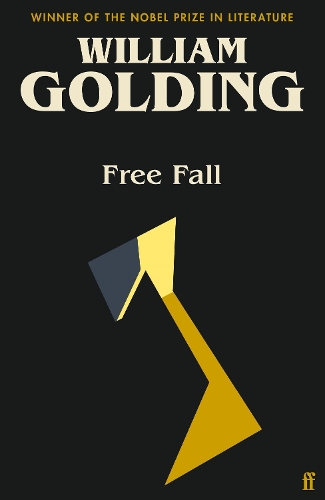
Free Fall
(Paperback, Main)
Available Formats
Publishing Details
Free Fall
By (Author) William Golding
Faber & Faber
Faber & Faber
28th February 2023
3rd November 2022
Main
United Kingdom
Classifications
General
Fiction
Second World War fiction
Prisoners of war
823.914
Physical Properties
Paperback
304
Width 129mm, Height 198mm, Spine 18mm
253g
Description
'Marvellous.' A.S. Byatt'Astonishing.' John Gray
'Luminous.' Rose Tremain
I could take whichever I would of these paths.
Sammy Mountjoy is an artist who has risen from poverty to see his pictures hung in the Tate Gallery. Swept into World War II, he is captured as a German prisoner of war, threatened with torture and locked in a cell of total darkness. He emerges transfigured by his ordeal, realising how his choices have made him the author of his life, interrogating religion and rationality, early loves and formative beliefs - and questioning freedom itself.
Author Bio
William Golding (1911 - 1993) was born in Cornwall and educated at Marlborough Grammar School and Brasenose College, Oxford. Before becoming a writer, he was an actor, small-boat sailor, musician and schoolteacher. In 1940 he joined the Royal Navy and took part in the D-Day operation and liberation of Holland. Lord of the Flies, his first novel, was rejected by several publishers but rescued from the 'reject pile' at Faber and published in 1954. It became a modern classic selling millions of copies, translated into 44 languages and made into a film by Peter Brook in 1963. Golding wrote eleven other novels, a play and two essay collections. He won the Booker Prize for Rites of Passage in 1980 and the Nobel Prize in Literature in 1983. He was knighted in 1988 and died in 1993. www.william-golding.co.uk.
John Gray is a political philosopher, author and former School Professor of European Thought at the London School of Economics and Political Science. His books include Seven Types of Atheism, False Dawn: the Delusions of Global Capitalism, Black Mass: Apocalyptic Religion and The Death of Utopia and The Silence of Animals: On Progress and Other Modern Myths. Gray contributes regularly to The Guardian, The Times Literary Supplement and the New Statesman, where he is the lead book reviewer.
